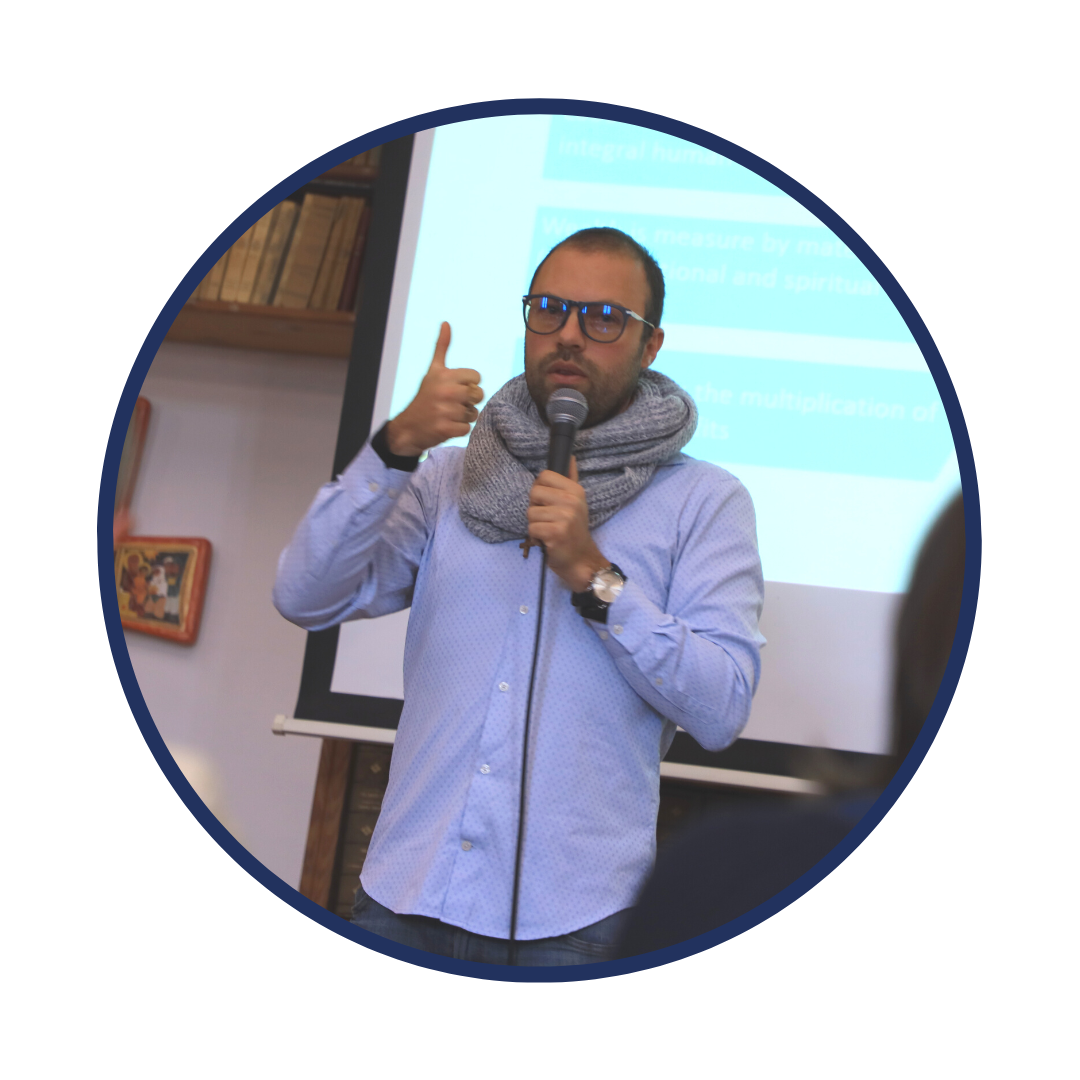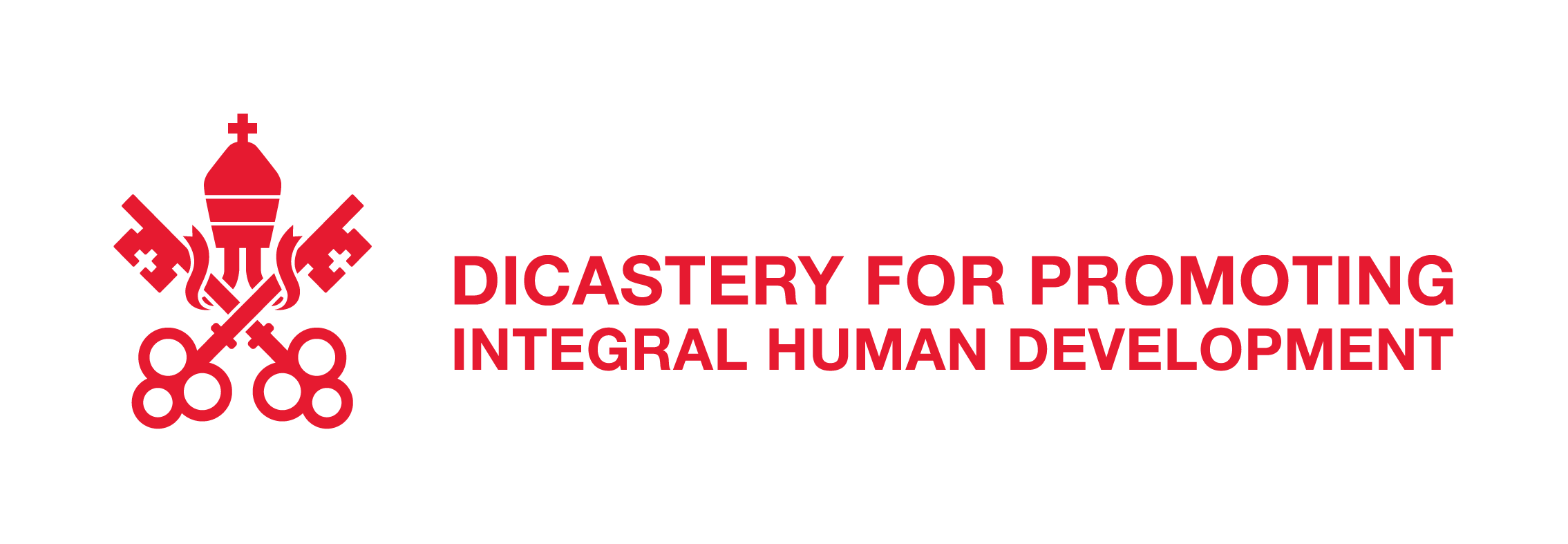
Four tips for creating more sustainable ventures
by Juan Manuel Gil
“Francis, don’t you see that my house is falling down? Go and repair it”. Four tips that can help entrepreneurs create sustainable ventures, based on the results of my research project.
St. Francis of Assisi went through the mountains asking God to speak to him because he wanted to know His will. A few days later, as Francisco passed by the church of San Damiano, he felt the Holy Spirit asking him to enter the church to pray. He, obedient to this call, entered, knelt before a crucifix and began to pray. Then he heard a loud voice saying to him, “Francis, don’t you see that my house is falling down? Go and repair it”.
This call resounds again loudly in many hearts. It is a call to open our eyes and see how our common home is collapsing. To see how the dominant economic system generates negative consequences and destruction. It has also been a call for entrepreneurs to change their way of thinking and acting. From the Economy of Francesco Academy, my role has been to investigate how entrepreneurs are creating sustainable ventures, by simultaneously creating wealth, social value and care for the environment. In other words, I have focused on exploring what leads some entrepreneurs to prefer to create sustainable ventures, even though this is more challenging than creating non-sustainable ventures. Based on the results of my research project¹, I want to share five tips that can help entrepreneurs create sustainable ventures.
First, it is important for the entrepreneur to start by identifying his or her starting point by answering these three questions: Who am I? Who do I know? and What knowledge and experience do I have? In most cases, sustainable entrepreneurs say that the main reason for starting their business was that they wanted to give something of themselves to improve the world. This motivation, which comes from the depths of the heart, becomes the force that allows them to overcome the difficulties of entrepreneurship and to seek innovative solutions. Therefore, it is important for the entrepreneur to reflect on what his or her deepest desire is.
Sustainable entrepreneurs also recognize the richness of working with others. They recognize the importance of creating new connections, sharing their ideas and being open to developing them with others. They are not afraid to share, because they know that sharing multiplies. They also know that if they do not listen to the public of interest of the venture (e.g., potential customers, society, suppliers, other entrepreneurs in the same sector) they are more likely to fail. Therefore, working with the community and creating community has great relevance in these ventures. This means that it is important for the entrepreneur to think about what community they must improve and develop their venture and what strategy they are going to use to expand this community. Finally, they should identify what knowledge and experience they can use to generate value in the company.
“Sustainable entrepreneurs also recognize the richness of working with others. They recognize the importance of creating new connections”
The second piece of advice is that the entrepreneur should recognize the importance guiding their decisions based on their values and beliefs. The research found that when an entrepreneur makes decisions by trying to be consistent with his or her values and beliefs, his or her venture is more likely to be sustainable. For example, entrepreneurs who feel that their life is full of meaning and purpose; who look for opportunities that help them grow spiritually; and who try to apply their faith to political and social issues, make decisions thinking about how they can generate value for society and how they can help care for the environment.
The third tip is to verify that the business idea is inspired by the reflection exercise and that it is consistent with the entrepreneur’s values and beliefs. In other words, verify that the deep motivation, the community, the knowledge and experience, and the values and beliefs of the entrepreneur are linked to the idea.
Finally, the fourth tip is for the entrepreneur to inspire his or her team to make sense of what they do and connect it to the purpose of the venture.
¹The results of this research will be published in the “Journal of Management, Spirituality & Religion”, through the article entitled “Effectual orientation and sustainable performance. The effects of the interaction between spiritual capital and transformational leadership”.

Juan Manuel Gil
Research Fellow of the Economy of Francesco.
He received the PhD degree cum laude in Business Management and Administration at Universitat Politècnica de València.
For over 9 years he worked as consultant in different public and private companies, such as the Foreign Ministry of Trade, the Office of the Mayor of Bogotá, the Chamber of Commerce and Prime Business School.
His research focuses on the areas of International Business and International Entrepreneurship.















